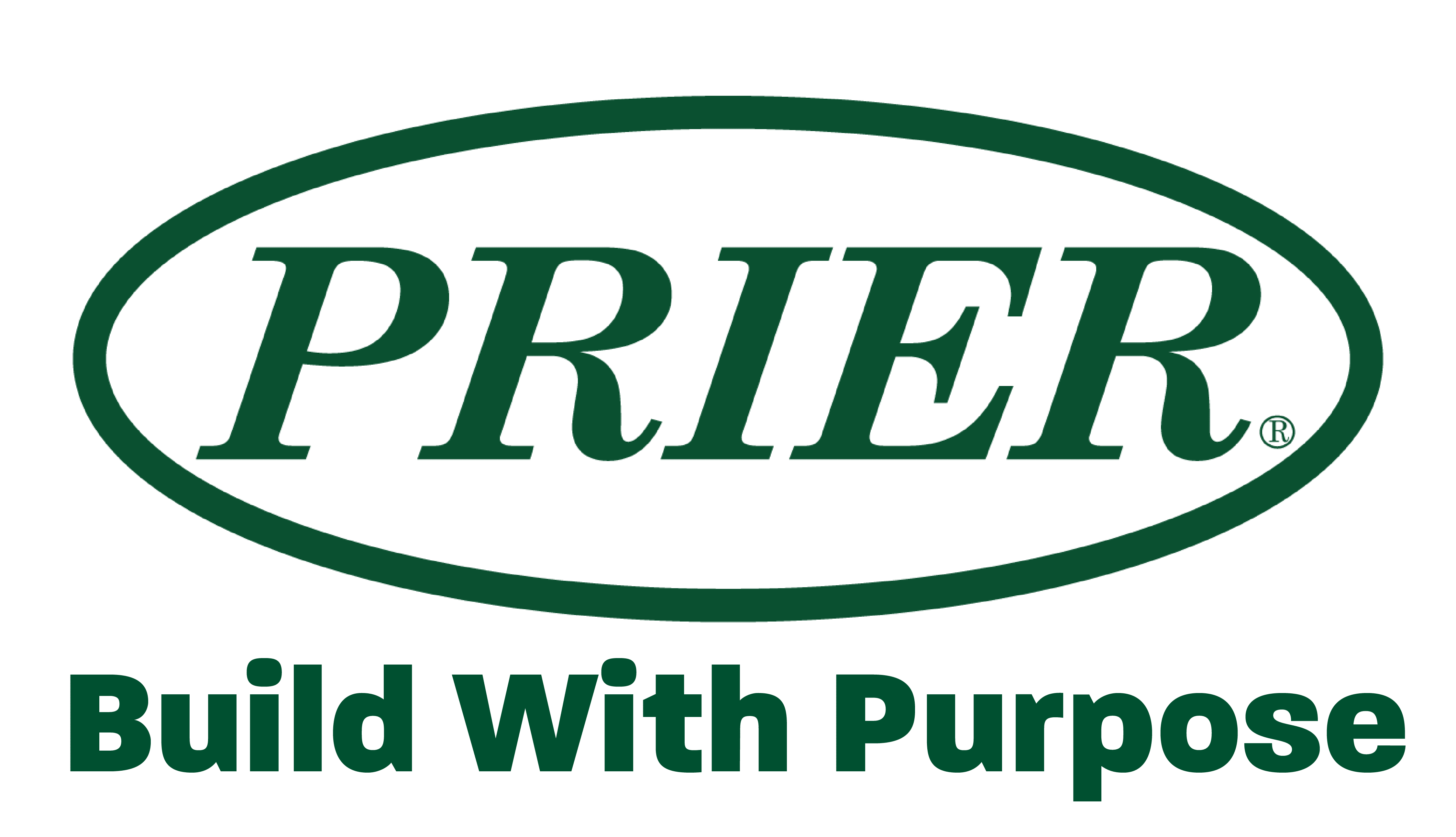Fortunately, time management is really just self-management, and though we cannot change time, we can change ourselves. The trick is developing good habits, which are a learned behavior. These habits can bring ourselves back under control, but we have to believe we can do it. Henry Ford once said, “Whether you think you can or you can’t, you’re right.” The key to developing these habits is building action plans to identify, define, begin and sustain those habits until they are firmly established. Below are a just few key concepts from different categories of time management that can help you get the most out of your time.
Attitudes
- Don’t let the possibility of uncertain events govern your daily behavior; if you take control of what is critical, the more you will control
- Don’t let regrets get in the way of moving forward
- The bridge between knowing what to do and doing it is self-discipline, regardless of whether or not you feel like doing it
Goals
- Document your goals, and be sure they are SMART (specific, measurable, achievable, realistic, and timed); do this professionally and personally in order to develop balance across all aspects of life
- Everything you do should be helping you achieve your long term goals
- Consider projects carefully; if they do not move you towards your goals, perhaps you should reevaluate
Priorities
- Know the difference between important versus urgent (something that seems urgent but is not important is simply trivial work; things that are important must be done)
- Remember the Pareto principle, which is that 80% of value comes from 20% of items and vice versa
- Learn when to say “no;” be very careful about which squeaky wheels get greased
Analyzing
- Try keeping a record of how you spend your time for at least 1 week (or month) each year; in order to make improvements, you must discover what you do, when you do it, and why you do it
- Ask others to tell you how you waste your time or how you can spend it better
Planning
- Plan work based on results, activities, priorities, time, schedules and flexibility
- Prepare a plan for each week (e.g. on Friday before you leave), and be prepared for a productive start each morning (e.g. determine what needs to be done tomorrow before you leave work today)
Scheduling
- It is nearly impossible to make things happen until you create space for it to happen
- Schedule quiet time without interruptions to accomplish a much greater quality of work
- Schedule enough time for each activity; people tend to be overly optimistic
Interruptions
- Interruptions are part of your job, so you must allow time for them (e.g. try scheduling 6 hours’ worth of uninterrupted work each day; if you actually accomplish everything scheduled, you will likely accomplish much more than what may happen in an unplanned 10 or 12 hour day)
- Keep interruptions short (e.g. try standing up when someone comes into your office or when you answer the phone; this will give you a better position for controlling how long the interruption lasts)
Meetings
- If you must hold a meeting, make an agenda and stick to it (e.g. put the objective on a whiteboard, if the meeting goes adrift, ask how the conversation is helping accomplish the objective)
- Be prepared for each meeting (know the agenda and show up on time) and prepare a follow-up action plan at the conclusion of the meeting
- Spend a couple minutes at the end of the meeting to critique it (e.g. can you improve it, was it necessary for everyone to attend?)
Written Communications
- Analyze your documents to see what can be eliminated, shortened, modified, combined or otherwise improved
- Format your forms of written communication so that it is easy to read and/or respond to
- Clear out your paper and electronic files at least once a year
Delegation
- Delegate enough authority to enable the other person to accomplish the intended results
- If you can’t manage it, you should not be delegating it
- Learn to live with differences and focus more on results; there are many ways to get similar results
Procrastination
- Do the toughest tasks first; you may not have the energy at the end of the day
- Break down complex projects and focus on one step at a time
Team Time
- Ask others how you waste their time, and ask everyone for ideas on how to improved team time
- Take time to be a good listener
- Start projects early, and give people plenty of notice
There are many dimensions of time management, and it is often too difficult to try and change everything at once. Focus on a couple of areas that need improvement and create an action plan to develop the necessary habits to improve. And remember, time management is a continuous improvement process. You can achieve anything, but you have to 1) get started, and 2) keep going.


